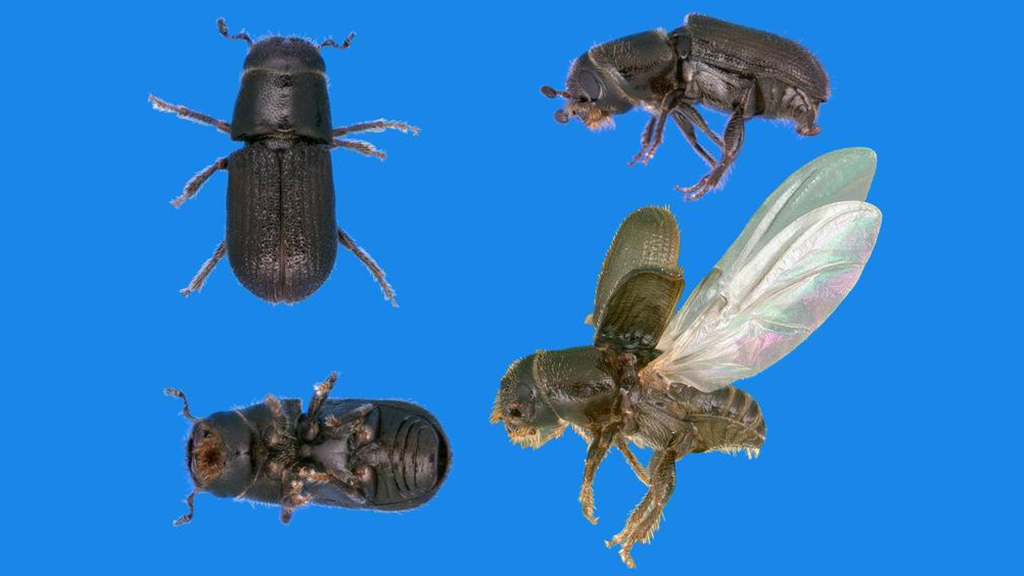Abstract
This case study begins with the story of a young biologist who belongs to an Indigenous community in rural Virginia where southern pine beetles (Dendroctonus frontalis) are wiping out the pine trees sacred to her native culture. She wonders if RNA interference (RNAi) technology could be used to inhibit the growth of this invasive species. Students are tasked with designing an RNAi system to specifically inhibit the growth and spreading of the beetles while following best practices for Indigenous traditional ecological knowledge (ITEK). Students explore various RNAi-based delivery techniques for forest management and design experiments for testing the options. Students conclude the case by writing a summary report explaining how they could integrate ITEK into their research of RNAi to control southern pine beetles. This case study is appropriate for any course that incorporates RNAi, including molecular biology, genetics, cell biology, or biochemistry, although the incorporation of primary literature in the case makes it most suitable for upper-level students.



